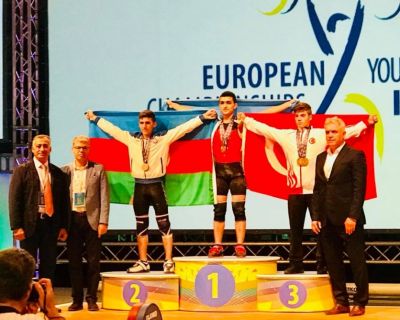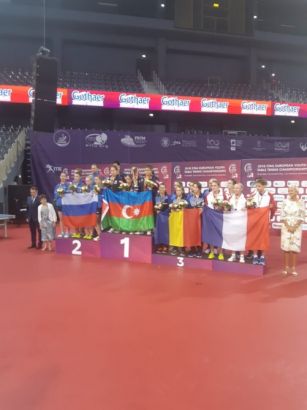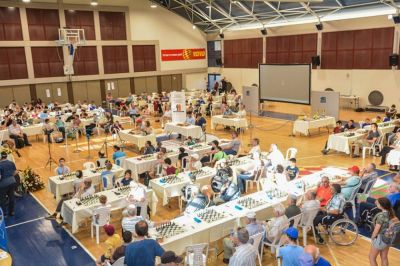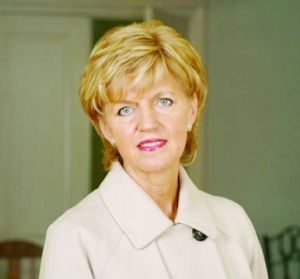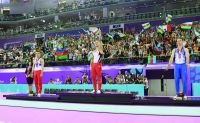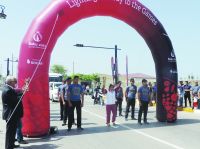The influential "New Europe" analytic media resource writes that members of the European Parliament (MEP) expressed their concern about the provocative plans of the Armenian regime to re-open the Khojaly airport in the occupied Nagorno-Karabakh region of Azerbaijan(see:http://www.neurope.eu/article/meps-concerned-airport-re-opening-nagorno-karabakh)
The re-opening of the Khojaly airport in Nagorno-Karabakh "would seriously harm the peaceful settlement of the Nagorno-Karabakh conflict", "New Europe" quotes MEP Inese Vaidere from Latvia.
"Firstly, the Armenian initiative to open the Khojaly airport can be seen as a claim of a change in the status of Nagorno-Karabakh that is a clear disagreement with the Madrid Principles. Secondly, the opening of the air traffic between Nagorno-Karabakh and Armenia could be seen as a violation of the Azerbaijani airspace and thus, might cause a counter reaction. Therefore, the opening of the Khojaly airport should be considered a provocation and obstacle to conflict‘s resolution that endangers the mutual confidence building. Instead, both sides should continue to comply with current practice for flights over their territory," Vaidere said in an interview to "New Europe".
The MEP noted that the symbolism associated with the Khojaly tragedy in 1992 in addition to the opening of the airport, could potentially lead to further increased tensions in the whole region. "The plan of opening the air traffic between Nagorno-Karabakh and Armenia has already caused a knock-on effect from the Azerbaijani side, which has announced its readiness to destroy aircrafts that are deemed to enter their airspace. Any provocative action from either of the sides that has a potential to make the situation more precarious has to be internationally condemned. Furthermore, the re-opening of the Khojaly airport by Armenian authorities could be perceived as disrespecting both, the EU and the Minsk Group‘s effort in the whole peace process," Vaidere said.The EU's involvement in the Nagorno-Karabakh conflict resolution has been a relatively passive so far, the MEP said. "The EU can certainly do more to help resolve conflict in the region, in particular through the Action Plans with each of the countries and also by means of the office of EU Special Representative for the South Caucasus. Yet another way for the EU to get more engaged in the conflict resolution would be to replace France in the OSCE Minsk Group. Not only would it counterbalance the key regional players Russia and the USA but would also improve the mediation approach. It is necessary to reach a breakthrough in the 20 years of standstill in the conflict resolution in order to establish a lasting peace so that thousands of IDPs are able to return to Nagorno Karabakh," Vaidere said.
Meanwhile, "New Europe" quote another MEP, Boris Zala from Slovakia, who said that there is a clear concern in Brussels that re-opening of the airport can potentially unfreeze the conflict. "I still hope it will not come to that. My instinct tells me that the situation will calm down after the Armenian presidential elections. Either way, the issue certainly impedes the conflict resolution process, and complicates the work of the Minsk Group and the EU," Zala said in an interview.
The Chicago Convention, through its Articles 1 and 5 namely, is clear about a state’s right to manage its own airspace and exercise sovereignty over it. Asked how the Khojaly Airport would operate if opened, Zala said, “There is no other way for the airport to operate but in accordance with international and standard flight practices - in other words, only with the authorisation of the Azerbaijani authorities. Any other mode of operation would pose risks for the planes and their passengers - and violate international law.
Asked what the actions the European Parliament may undertake are to prevent the opening of Khojaly airport, Zala said that at the moment, individual MEPs are voicing concerns. "If the situation grows more serious, I expect the EP to adopt a resolution, mounting pressure on both sides to avert escalation of the conflict, and on the EEAS, the Commission, and the Council to get more involved. And let‘s not forget that the EU is not without political and economic leverage over Armenia - after all, we are entering the final stages of negotiations on a new trade agreement. So, even if not directly involved in conflict mediation, the EU is not powerless. And, for that matter, neither is the European Parliament, which will need to give its consent to closer political and trade association with Armenia," Zala said.
Parvana Garayeva
Special correspondent of AzerTAc
Budapest
© İstifadə edilərkən "Xalq qəzeti"nə istinad olunmalıdır.







